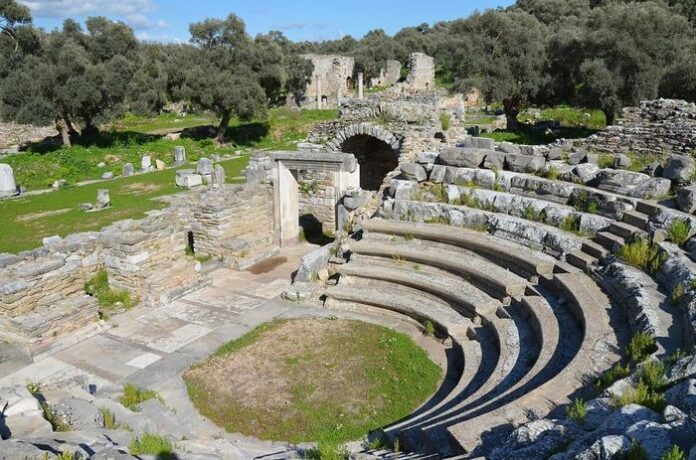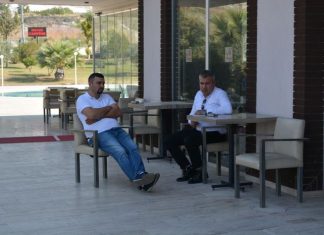The United States has not made any formal demands for compensation or punishment from Turkey. This is because it is clear that the kidnapping of Miss Stone was carried out by Bulgarians—not by Turkish people—even though the crime took place on Turkish land and the kidnappers wore Turkish clothing as a disguise.
It is also widely believed that the kidnappers were trying to create political problems between the United States and Turkey. However, since the real criminals were not Turkish, the U.S. government decided not to hold Turkey responsible.
Miss Stone Refuses to Accuse Her Captors
No demands have been made on the Bulgarian government either, mainly because Miss Stone has chosen not to file a formal complaint. She has also refused to give any information about the identity of her captors or provide any clues that could help the U.S. government take action Political Goals of the Macedonian Committee.
Miss Stone plans to return to her mission work in Macedonia and Bulgaria. Because of this, she does not want to damage her reputation or reduce her effectiveness among the local people. Even though she was kidnapped and suffered at the hands of Macedonian revolutionaries, she still strongly supports the Macedonian cause.
It also appears that Miss Stone may have made promises to her captors not to say or do anything that could harm them. She has declined—or possibly just avoided—giving the U.S. State Department any useful information about them.
A Deep Belief in Divine Intervention
Miss Stone is deeply religious and believes that her rescue was a result of divine intervention. She is so convinced that her release was an answer to prayer that she has not shown much appreciation for the human efforts made to secure her freedom.
Many people, including missionaries, diplomats, and American citizens, worked hard and raised money to pay her ransom. However, Miss Stone focuses almost entirely on her faith and gives little credit to these efforts.
Mrs. Tsilka’s Limited Statement
Mrs. Tsilka gave a short statement to Mr. Leishman, the U.S. Minister in Constantinople, but her words provided little useful information. For official purposes, her testimony is of little value Tour Guide Sofia.
The U.S. government had hoped to take stronger action to show that it would not tolerate such crimes against its citizens. But without a formal complaint or any evidence from Miss Stone or Mrs. Tsilka, the government’s ability to respond is very limited.
Her Magazine Story Leaves Out Key Details
People who know the full background of the case say that Miss Stone’s published account in McClure’s Magazine is more notable for what she leaves out than for what she includes. She very carefully avoids giving any details that could help identify her captors or reveal the locations where she and Mrs. Tsilka were held.
It is clear that Miss Stone has chosen silence—either out of sympathy, caution, or promises made during her captivity. Her decision has made it difficult for any legal or political steps to be taken, even after such a serious crime.








